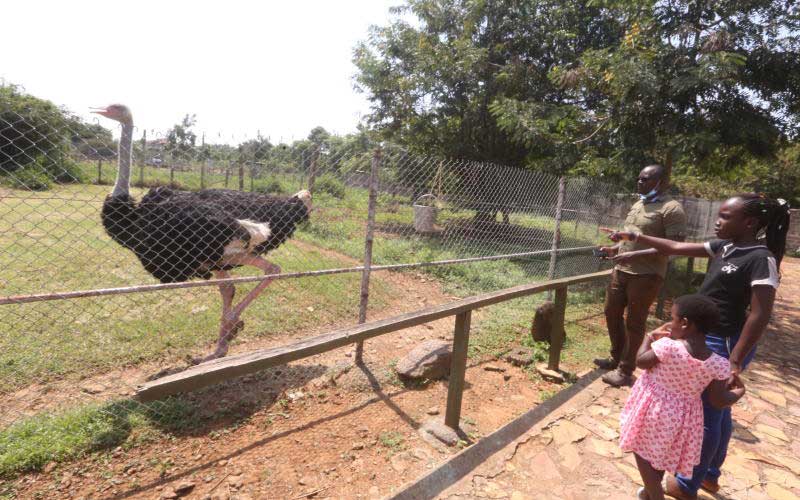×
The Standard e-Paper
Smart Minds Choose Us

Children tour Impala Park in Kisumu on June 21. Many parks have seen increased visits by children since the closure of schools due to Covid-19 pandemic. [Collins Oduor, Standard]
A high-level meeting appeared to rule out the reopening of schools this year.